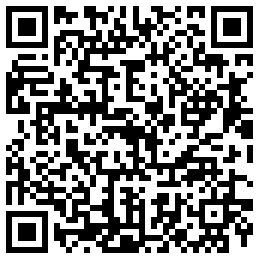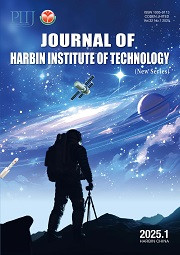|
| Abstract: |
| Star & Horizon sensor based autonomous navigation methods play an increasingly important role in spacecraft celestial navigation. However, the measurements of star sensors and horizon sensor are frequently affected by uncertain noises from space environment. To improve the estimation precision, a state estimation algorithm named Switch Strong Tracking Unscented Kalman Filter(SSTUKF) is presented. Firstly, the adaptive fading factor is deduced through the adoption of unknown instrumental diagonal matrixes to real time rectify the measurement covariance matrix. Secondly, according to the deduction of Chebyshev law of large numbers, innovation criterion is introduced during estimation to decrease the unnecessary calculation. Finally, SSTUKF is suggested through the adoption of adaptive fading factor and innovation criterion. The filter can switch between the normal filter mode and adaptive filter mode. As the calculation of innovation criterion is less than the adaptive fading factor, SSTUKF improves the estimation efficiency. To demonstrate the effectiveness, SSTUKF is applied to Star & Horizon sensor based autonomous navigation system with uncertain measurement noises. The simulation results verify the proposed algorithm. |
| Key words: autonomous navigation adaptive filter unscented transformation uncertain noise |
| DOI:10.11916/j.issn.1005-9113.2015.01.013 |
| Clc Number:V448.22+4 |
| Fund: |






